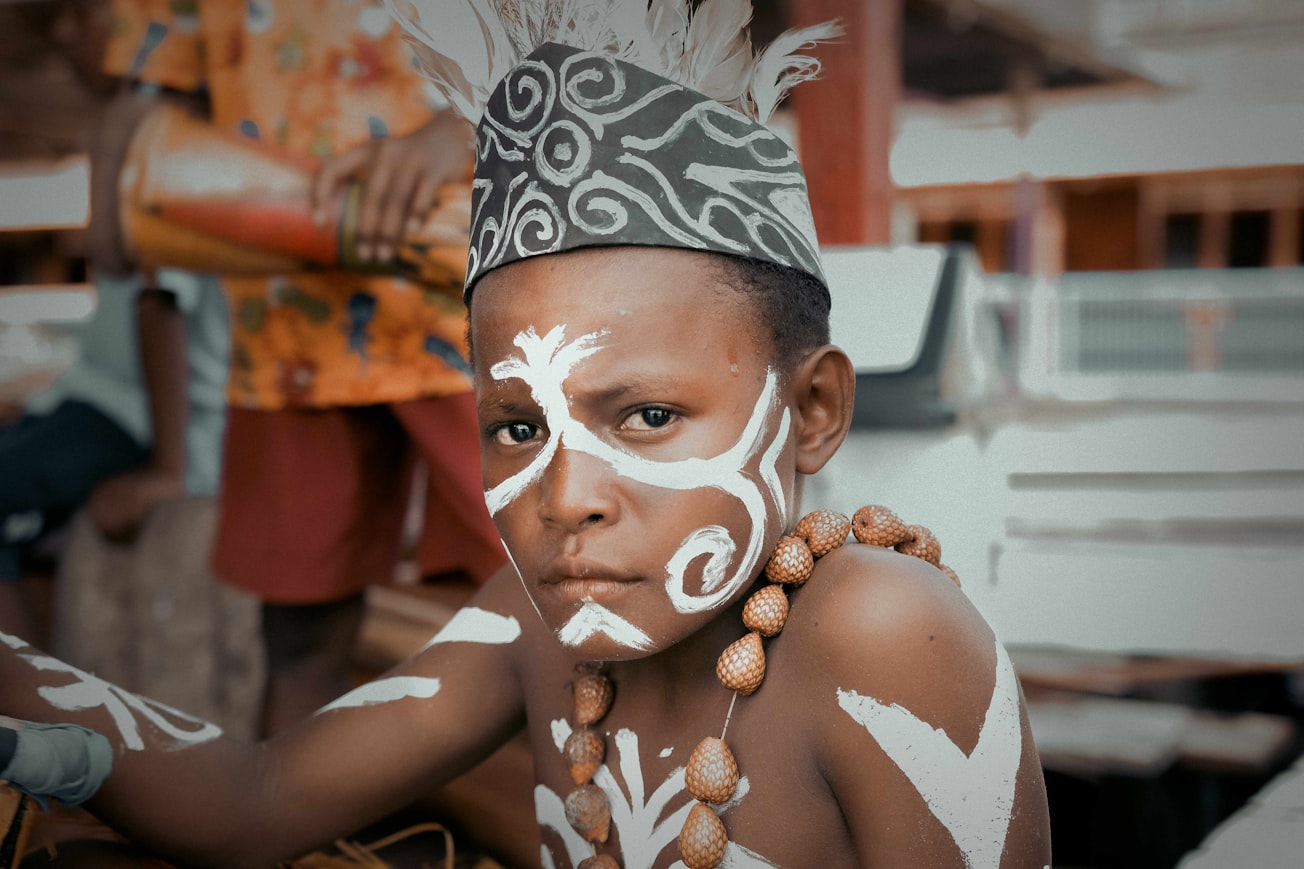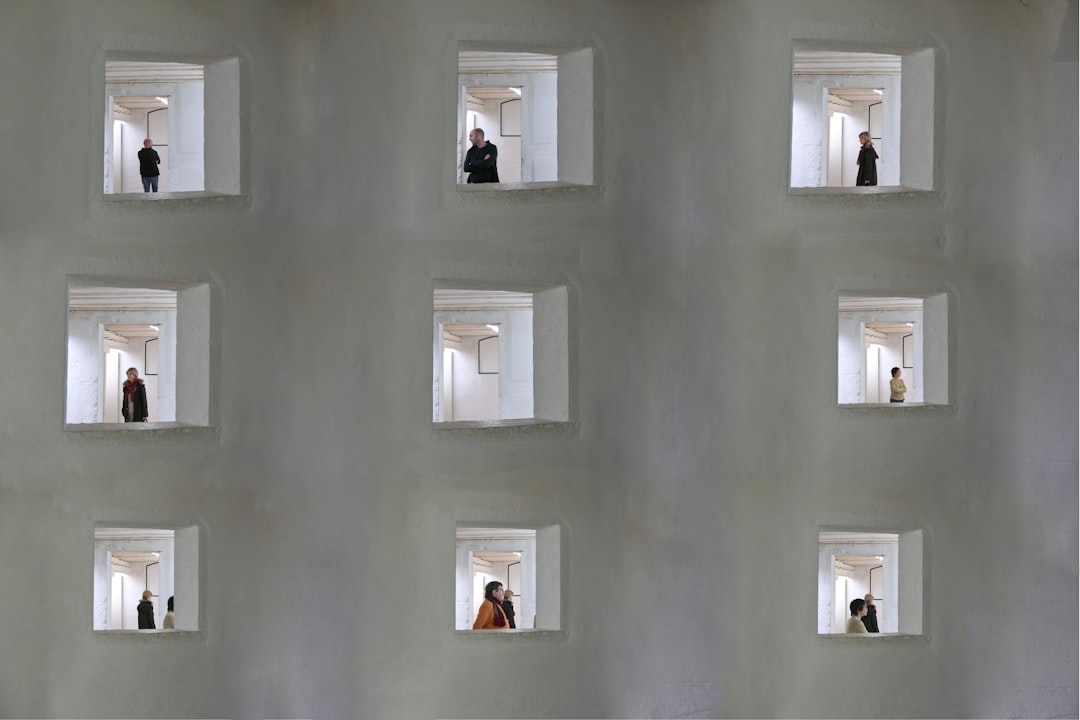What is it about?
Experimental research has studied the emergence of fairness criteria such as merit and equality at increasingly younger ages. How much does the recognition and practice of these principles depend on the influence of central aspects of Western educated and industrialized societies? In an attempt to answer these questions, this article provides evidence regarding the choices of children in the Kogi indigenous community of the Sierra Nevada de Santa Marta, a traditional society living in the mountains of Northern Colombia that practices swidden agriculture, cattle-raising, and enjoys a special cultural status granted by the Colombian Constitution. Two groups of 6–7 and 10–11 year olds (N = 104) were tested on a modified dictator game and several scenarios from a resource distribution task including different fairness criteria. Our results point to the lack of focality of the idea of merit among Kogi children at these ages when deciding on third-party allocation tasks, even when the design prevented equal distribution.
Featured Image

Photo by Asso Myron on Unsplash
Why is it important?
Our research report shows the lack of focality on the idea of merit among Kogi middle-childhood when deciding on third-party allocation tasks, even when the design prevented equal distribution. Why was merit so unattractive as a criterion for sharing cooperatively produced resources? The responses of the Kogi children studied here clearly differed from the results reported in previous studies.
Perspectives
Planning, executing, and writing this research report was a wonderful learning experience. First, I had the invaluable help and commendable collaboration of Professor Hugo Viciana. Secondly, I had the opportunity to know and converse with the ancient Kogi wisdom. The importance of this research report is that it presents the shape of how a small-scale society has configured life outside the Western way of life. In general, the research report shows that moral judgment seems to be based on the cultural particularities of people and human groups.
Rafael G. Angarita Cáceres
Universidad Industrial de Santander
Read the Original
This page is a summary of: Merit Is Not Meritorious Everywhere: Fairness in First and Third Party Tasks among Kogi Children, Journal of Cognition and Culture, July 2022, Brill,
DOI: 10.1163/15685373-12340134.
You can read the full text:
Contributors
The following have contributed to this page










